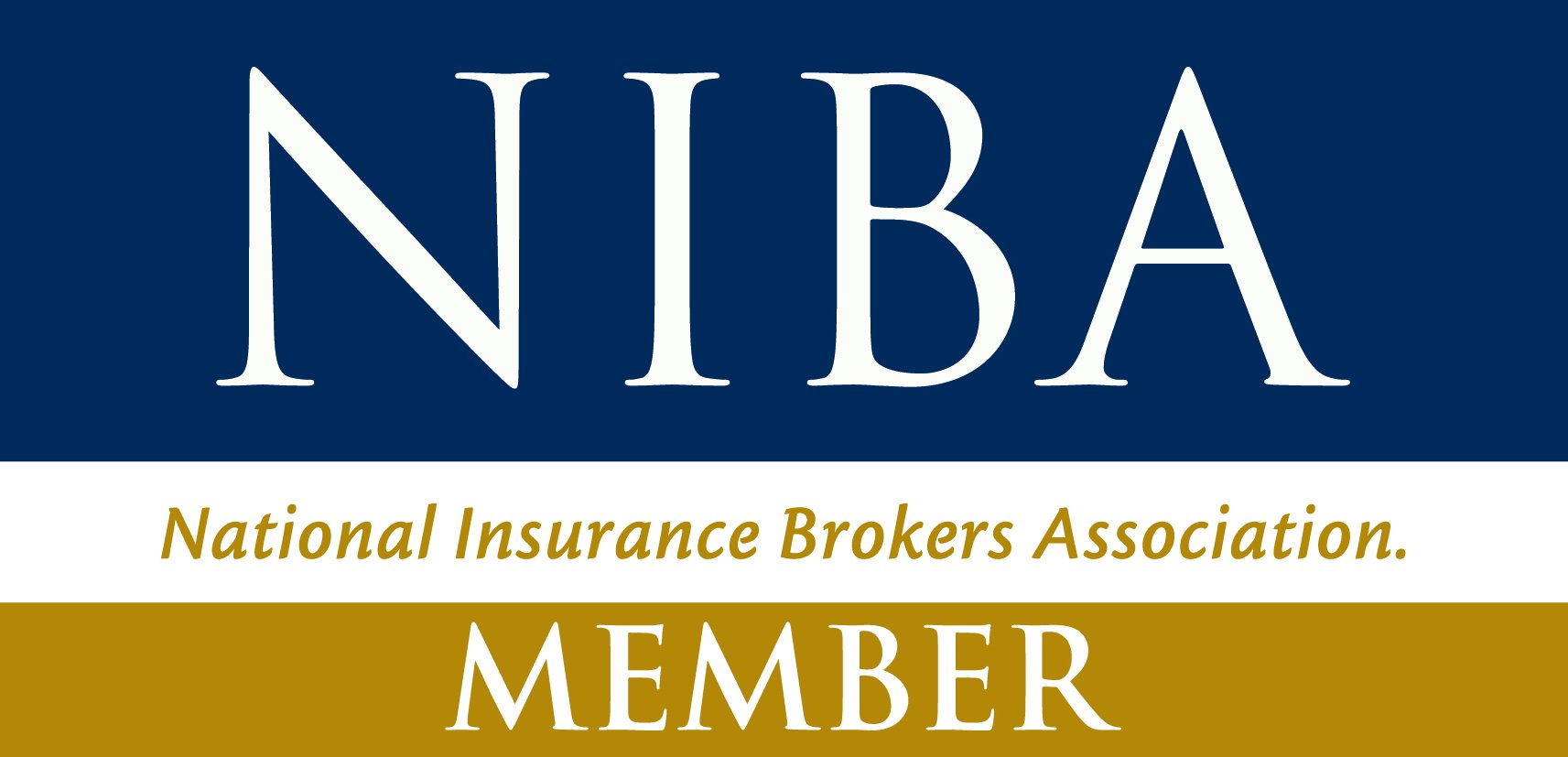Every dollar you can claim on investment property will benefit you so it makes sense to familiarise yourself with what you can and can’t claim come tax time.
Many real estate agents will emphasise the importance of landlord insurance, as time and again they see the horror stories of bad tenants who damage properties resulting in loss of rental income to owners, and costly repair or replacement bills for fixtures or fittings. Similar damage bills can also be caused by external events such as storms.
Having landlord’s insurance in place protects you. It also means you have a backup if things go wrong for a tenant who falls into arrears through a job loss, a relationship breakdown or a prolonged illness.
The good news for property owners is that, as a general rule, landlord’s insurance premiums are tax-deductible, as are legal costs required to evict a tenant. If you can claim these costs as tax deductions, it really makes good sense to invest in landlord insurance.
Here are some other important tax deductions every property owner should know about.
You can also claim for:
1. Interest
Interest is by far the largest tax deduction if your property is negatively geared. Provided your property is available for rent, the interest incurred on money you’ve borrowed for the property is tax-deductible, including money used to purchase the property, undertake repairs and improvements, or deal with tenant related issues.
2. Tenancy/marketing costs
The cost of advertising for tenants is also tax-deductible, so are letting fees paid to property managers who procure tenants on your behalf. Any expense incurred in relation to preparing or varying the lease with your tenant is also tax-deductible, even though such expenditure is usually considered capital in nature.
3. Travelling Costs
Another deductible cost that is often overlooked is travelling to inspect a property. For properties within the vicinity of the landlord’s home, the landlord may claim motor vehicle deductions on the inspection trips.
4. Property Managers Fees
You can also claim agent or property manager fees. Not only does a great real estate agent or property manager help you achieve the best results from your investment property, the fees they charge are also tax-deductible. In addition, the fees of any other expert including a valuer, depreciation expert, accountant, landscape designer or interior designer are also tax-deductible.
5. You can claim the cost of keeping power and water on between tenants
These days it is standard for utilities to remain connected between tenancies. This makes it possible for landlords to carry out any needed repairs and maintenance, and also makes the property more attractive when tenants are viewing it due to things like gardens being regularly watered and lights that work. The power supply charges and any usage charges incurred between tenants can be legitimately deducted.
You can also deduct the basic supply charge for water during tenancies in areas where a supply charge applies.
6. Repairs and maintenance
The cost of restoring something to its original condition due to tenant wear and tear is tax-deductible, provided it is not “initial repairs” – that is, damage that existed when the property was purchased.
7. Depreciating assets
Depreciating assets are stand-alone functional units that are not generally affixed to the building that decease in value over time. Examples include clothes dryers, dishwashers, curtains and carpets.
While the cost of buying a depreciating asset is not, in general, tax-deductible upfront, the cost may be depreciated over the effective life of the asset and claimed as a tax deduction over a number of years. The tax office provides suggested depreciation rates for different assets but you are allowed to self-estimate the effective life of a specific asset, as long as you can justify it.
You may also depreciate the asset at either the prime cost method or the diminishing value method.
8. Capital works
For an existing building you purchased, you need to obtain the original construction expenditure amount from the seller and claim the remaining deductions that have not been claimed by the previous property owners.
Alternatively, you are allowed to engage a qualified quantity surveyor, who will provide you with a depreciation and capital works deduction report, which will provide the amount of deductions you are entitled to claim.
9. Other holding costs
Holding costs include body corporate fees, cleaning costs, gardening costs, building and contents insurance premiums, rates, security monitoring costs, pest control, and property manager’s fees. These costs are generally tax-deductible upfront.
For body corporate fees, regular contributions, which include admin levies and general purpose sinking funds, are tax-deductible. Special contributions to cover specific capital works on the other hand are not tax-deductible, but can be claimed as a capital works deduction instead.
For more information and up to date advice on landlord Insurance in WA contact Phoenix Insurance Brokers Pty Ltd today.
Frequently Asked Questions
Property owners can claim a range of tax deductions including interest payments on investment loans, rental income, property management fees and depreciation of capital works (such as building renovations).
In addition to interest payments on investment loans, some of the other expenses that can be claimed as tax deductions include advertising for tenants, body corporate fees, insurance premiums, rates and land taxes, repairs and maintenance costs and travel costs associated with the rental property.
Yes, there are some restrictions when claiming a tax deduction for property investments such as only being able to claim depreciation for items owned by you at the time you commenced renting it out and not being able to claim depreciation if you purchased second-hand items. It is also important to ensure that all your claims are supported by evidence such as receipts.





















